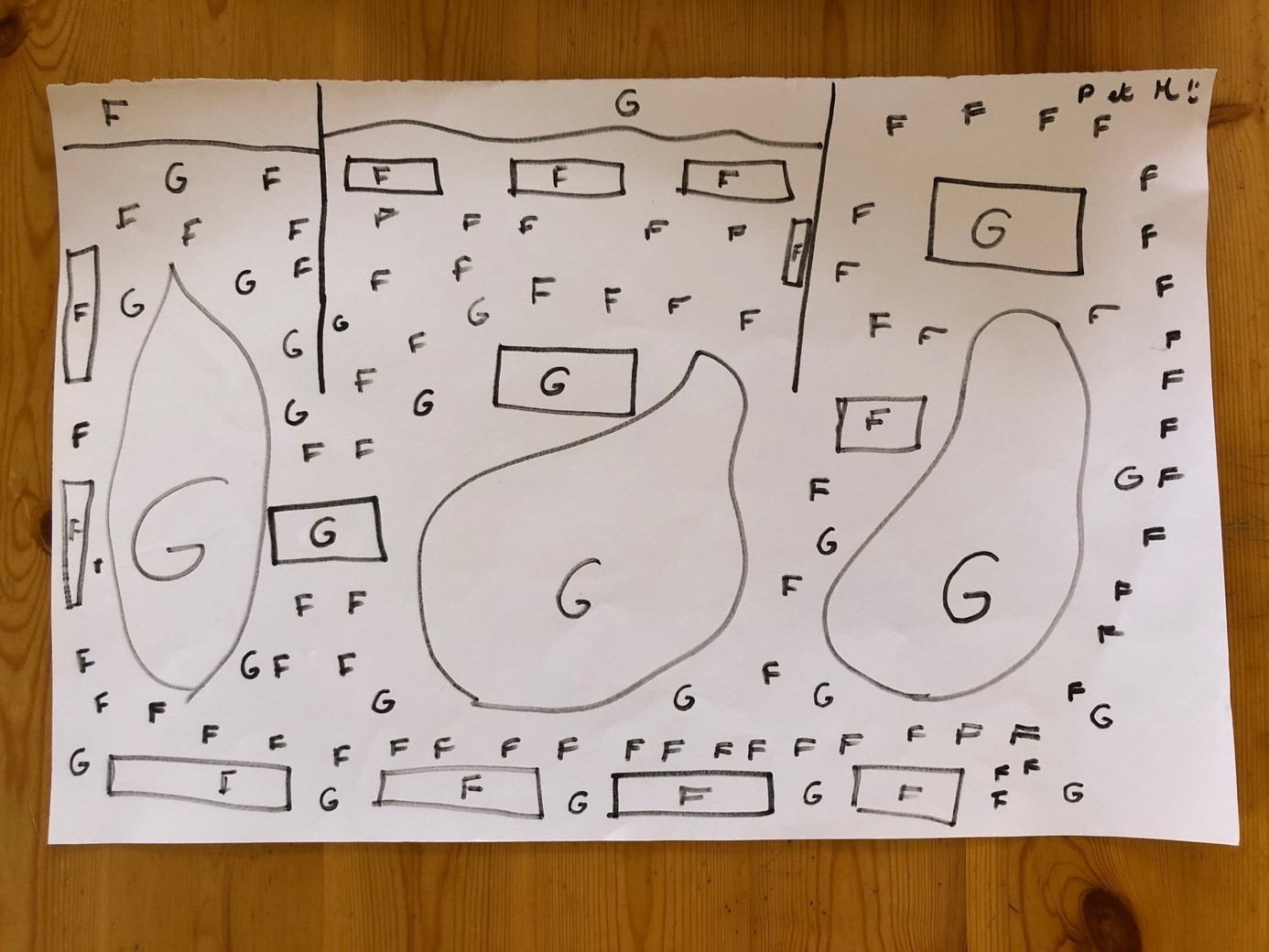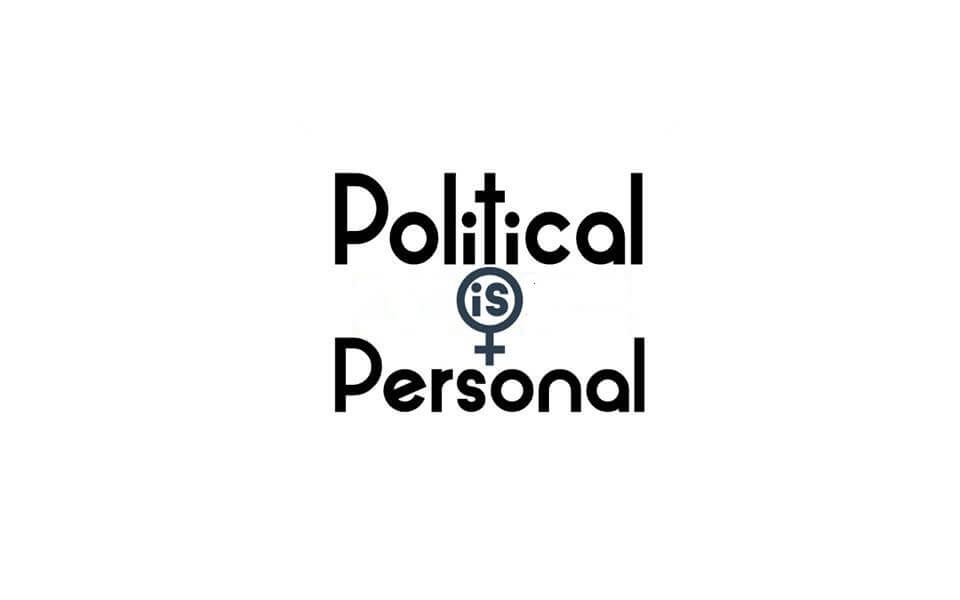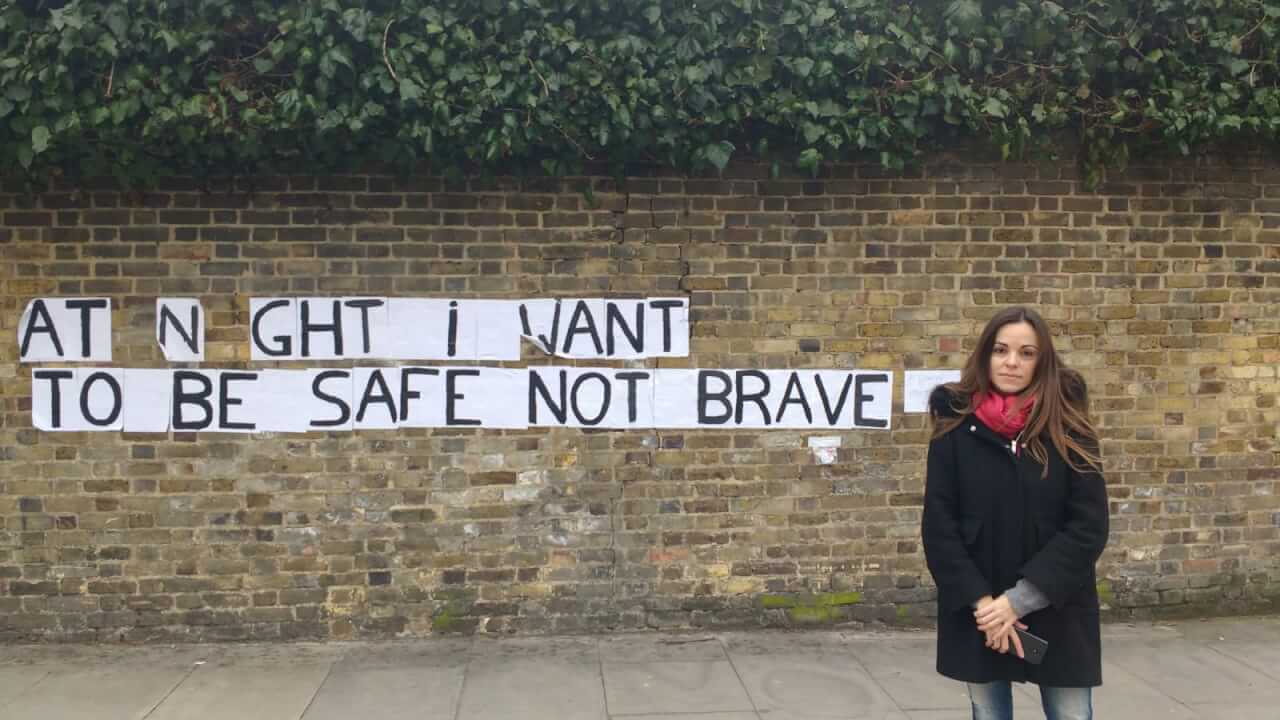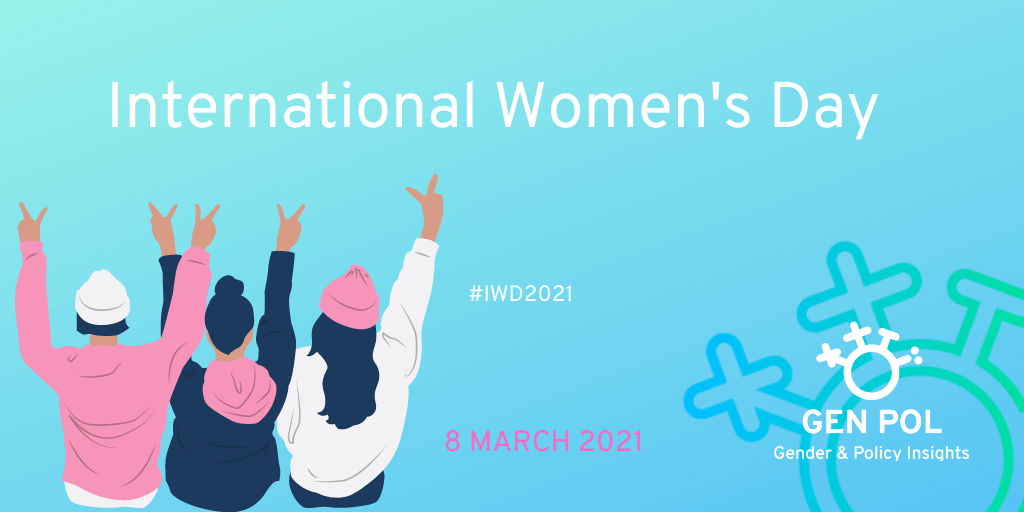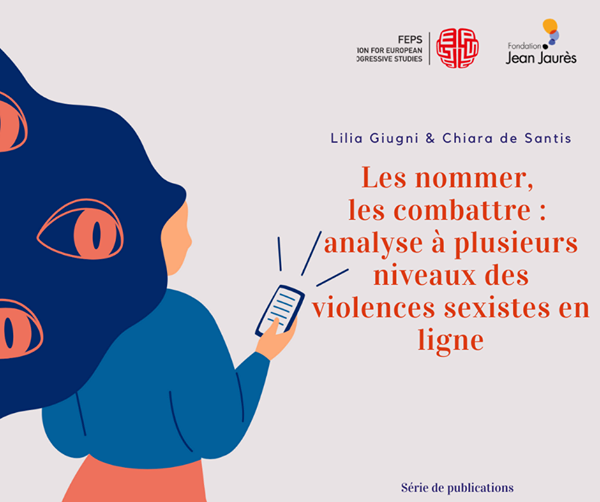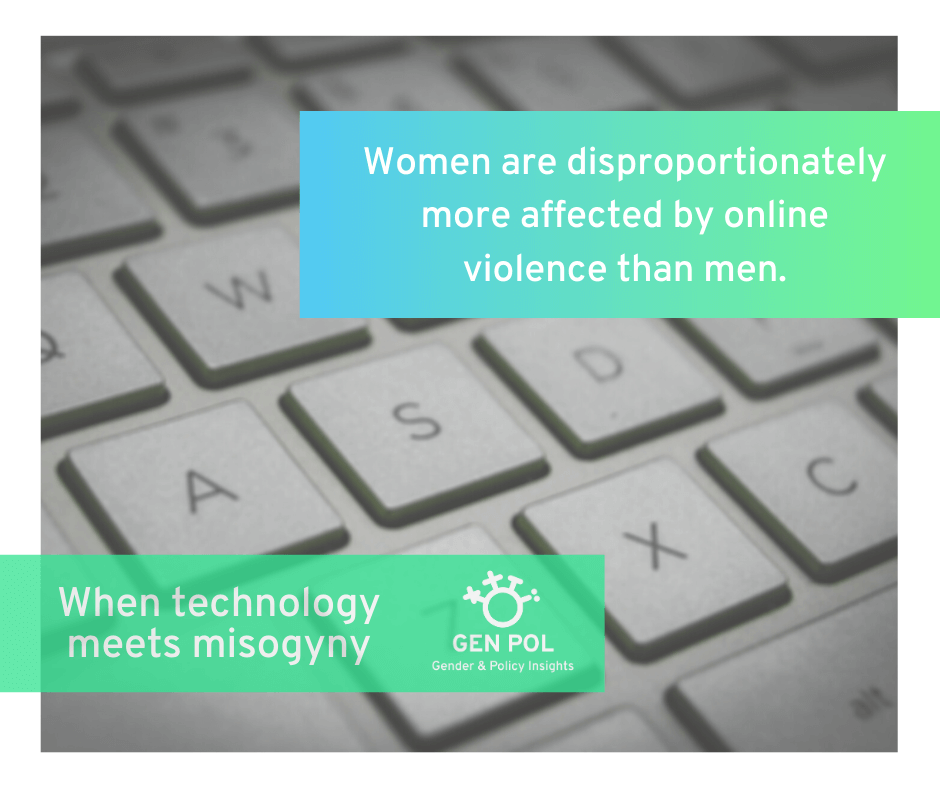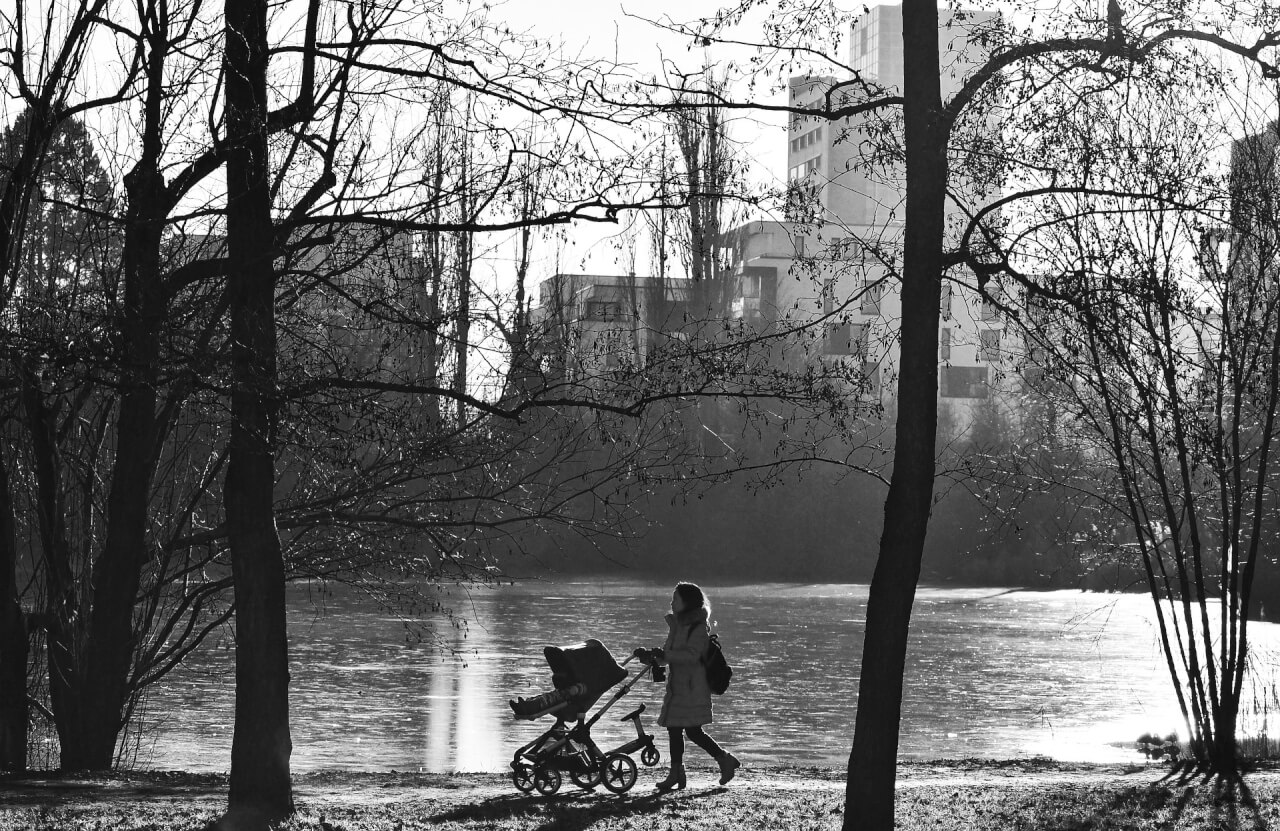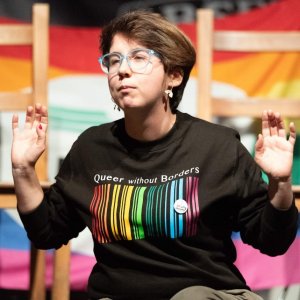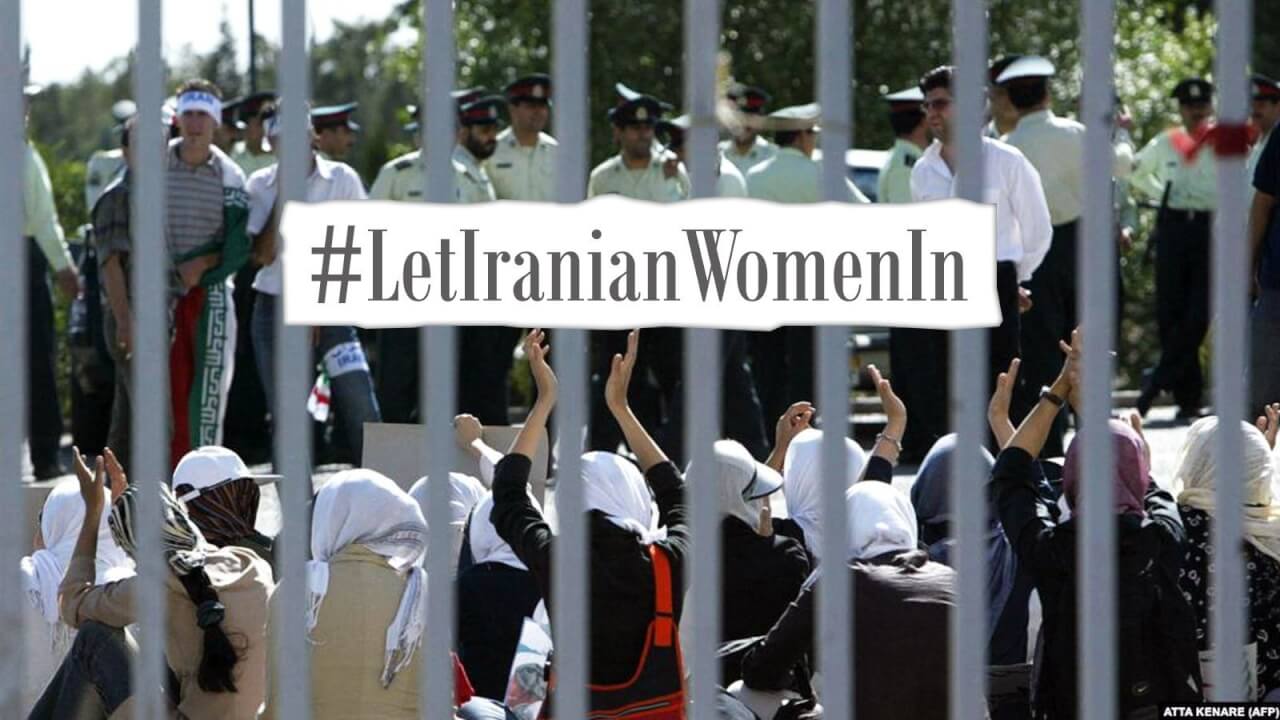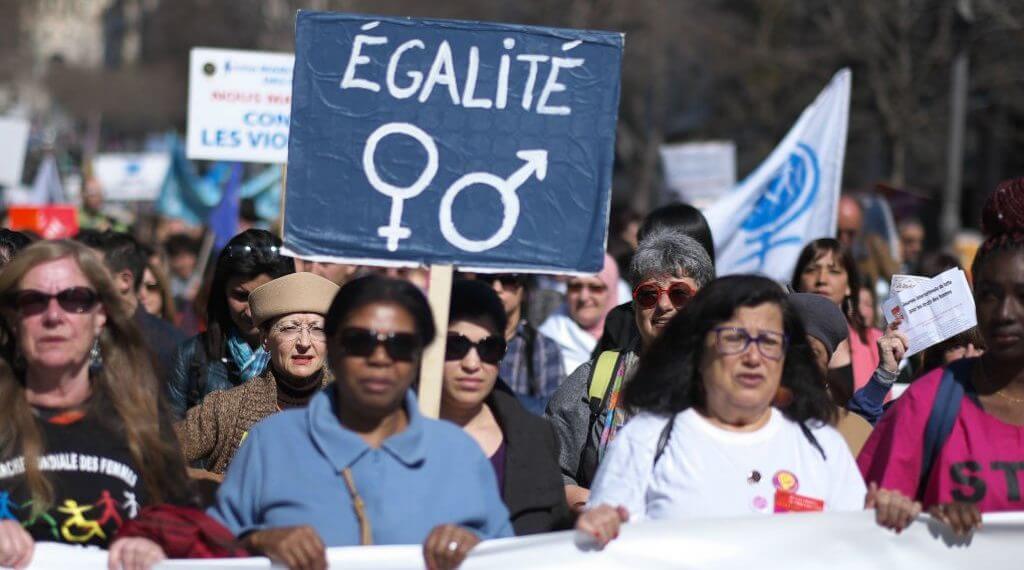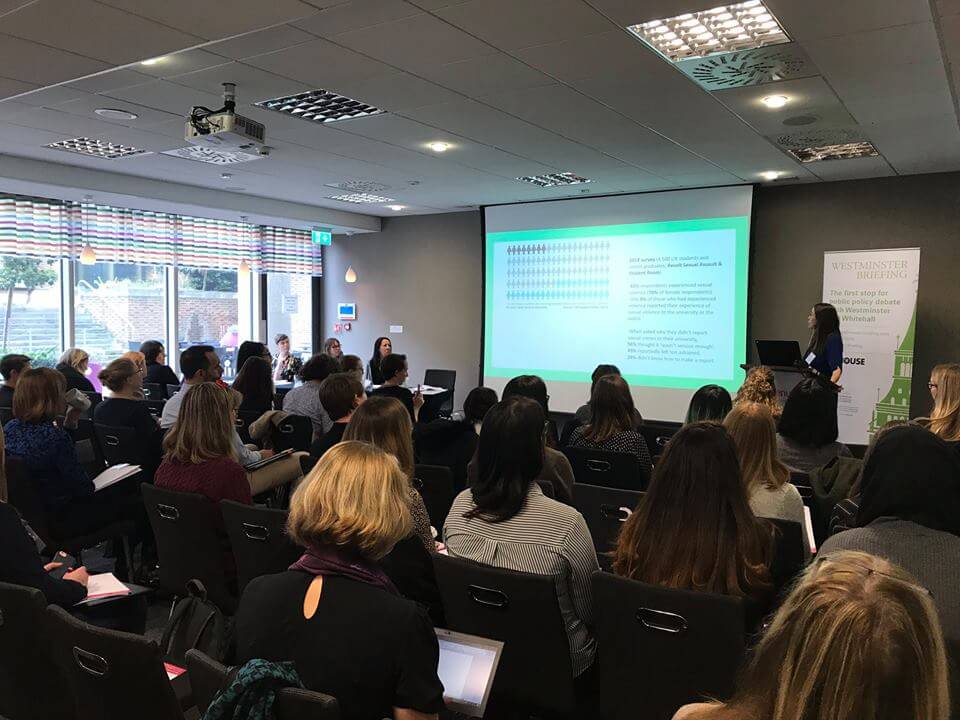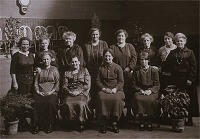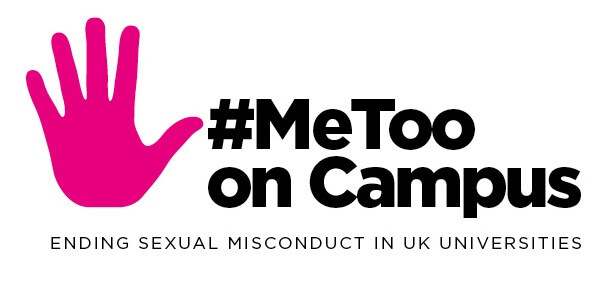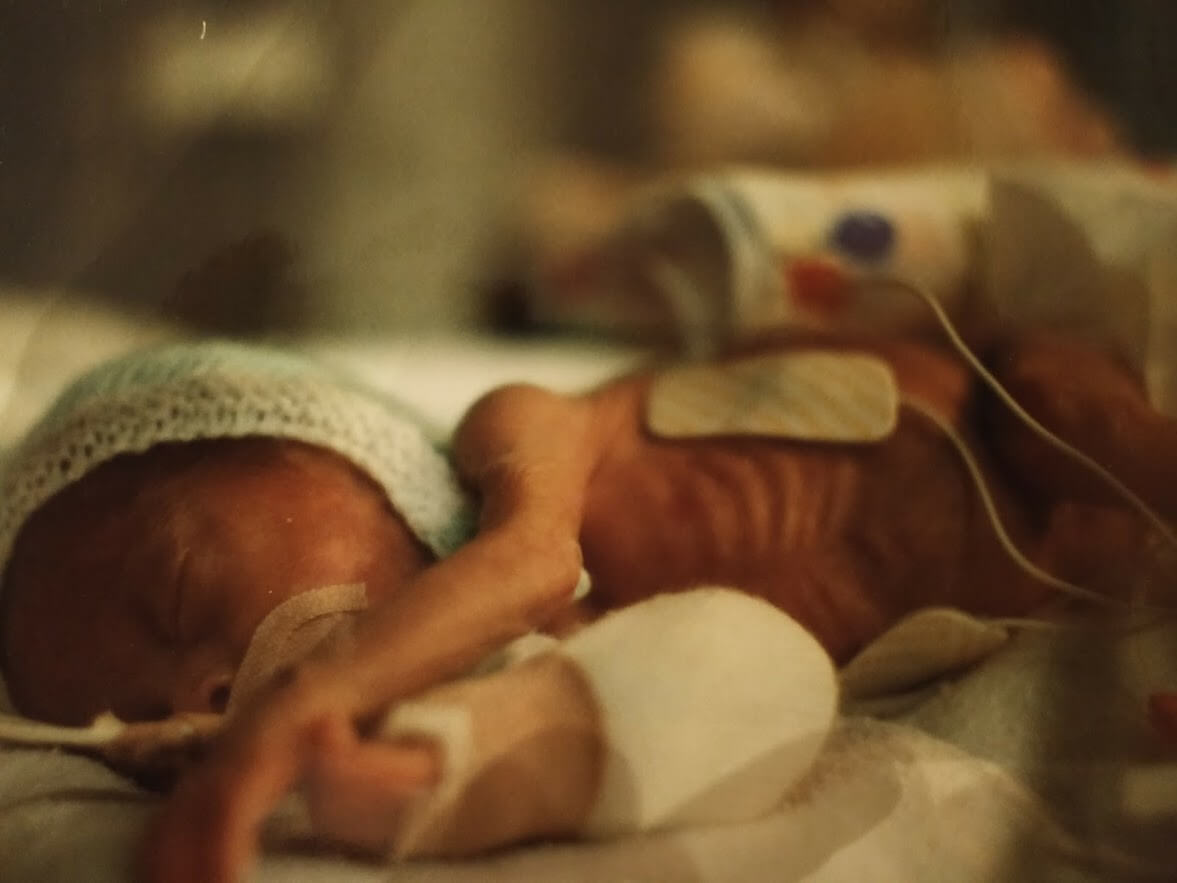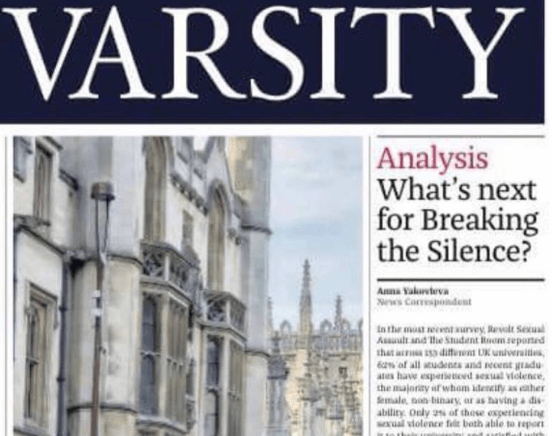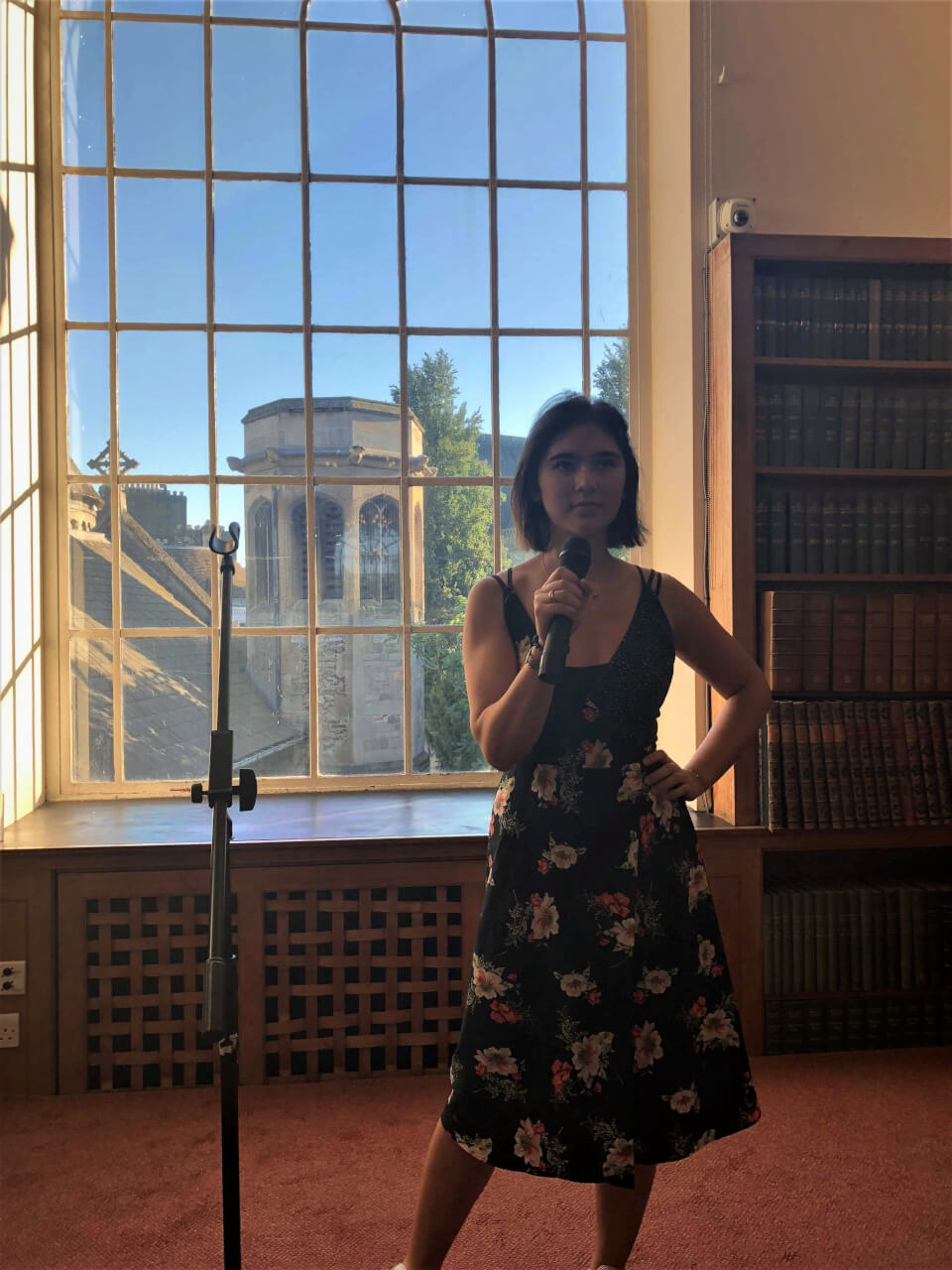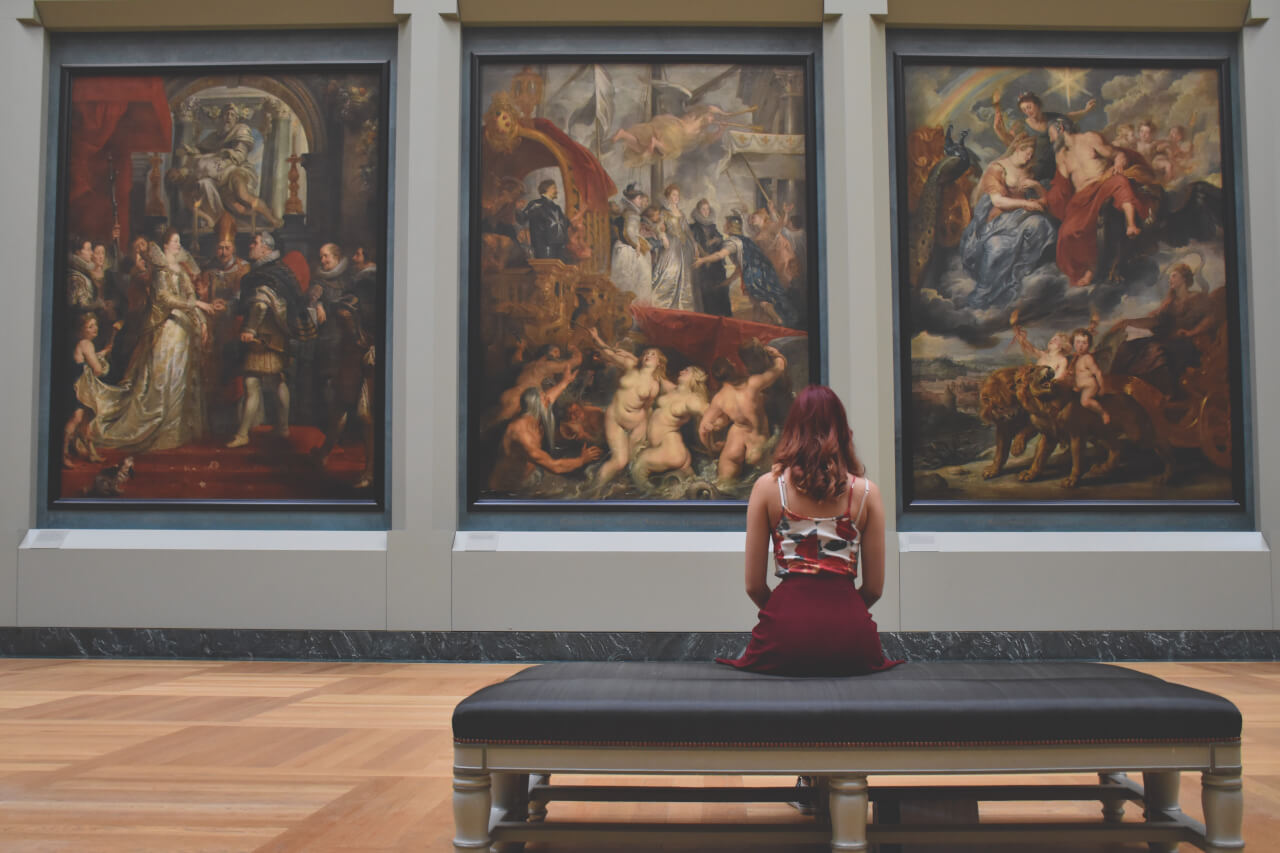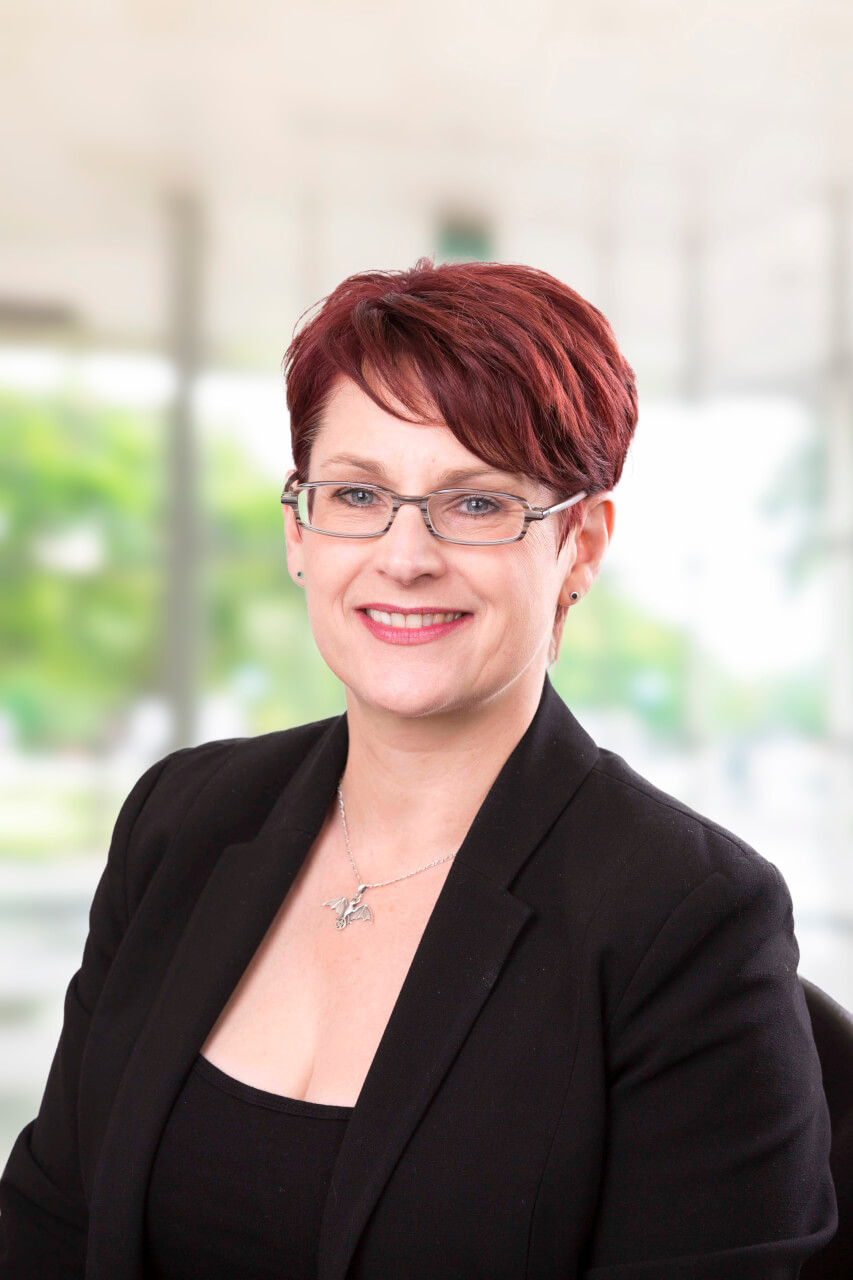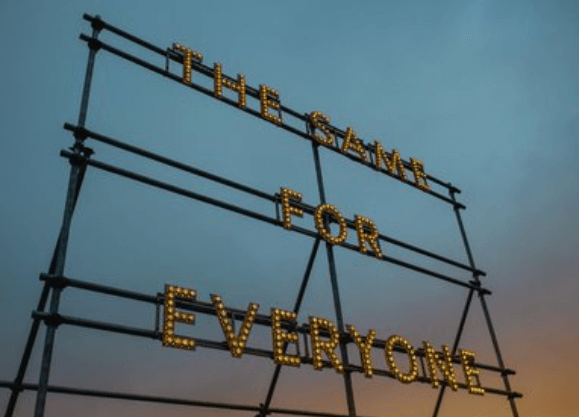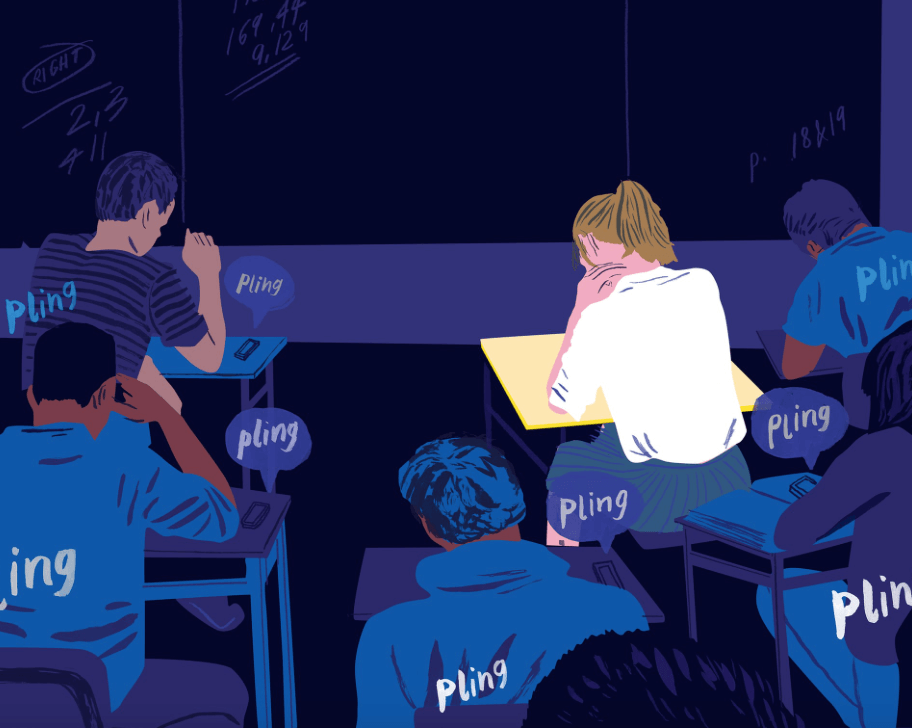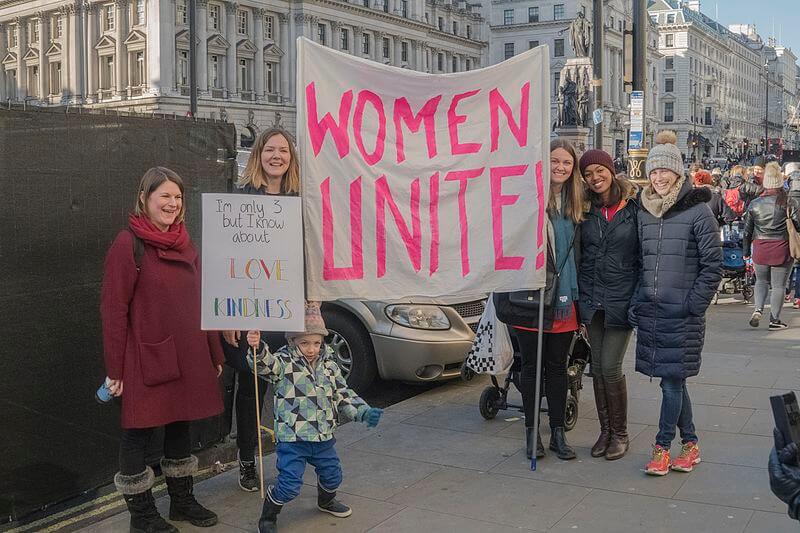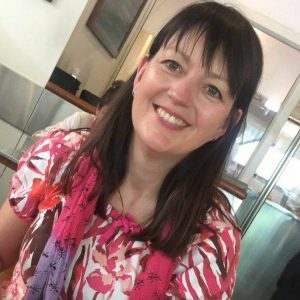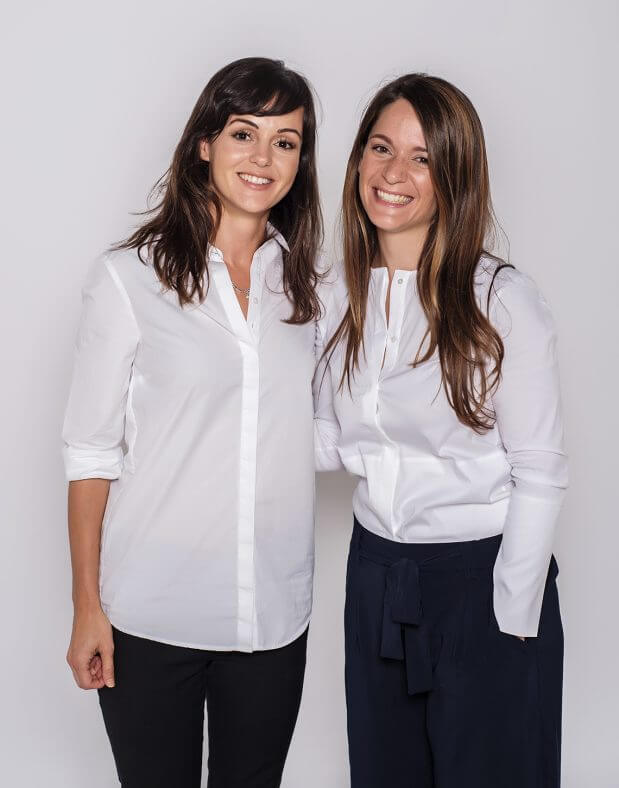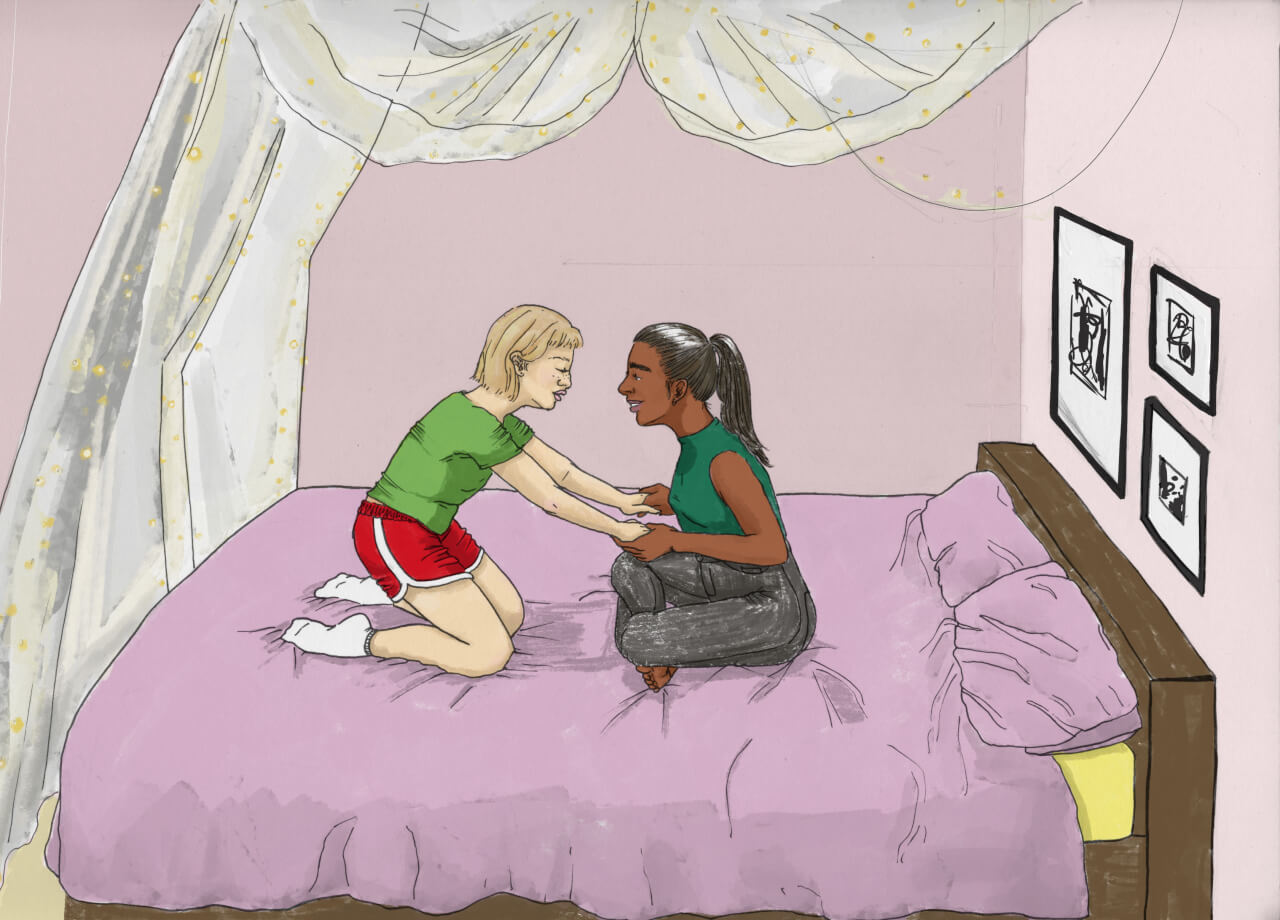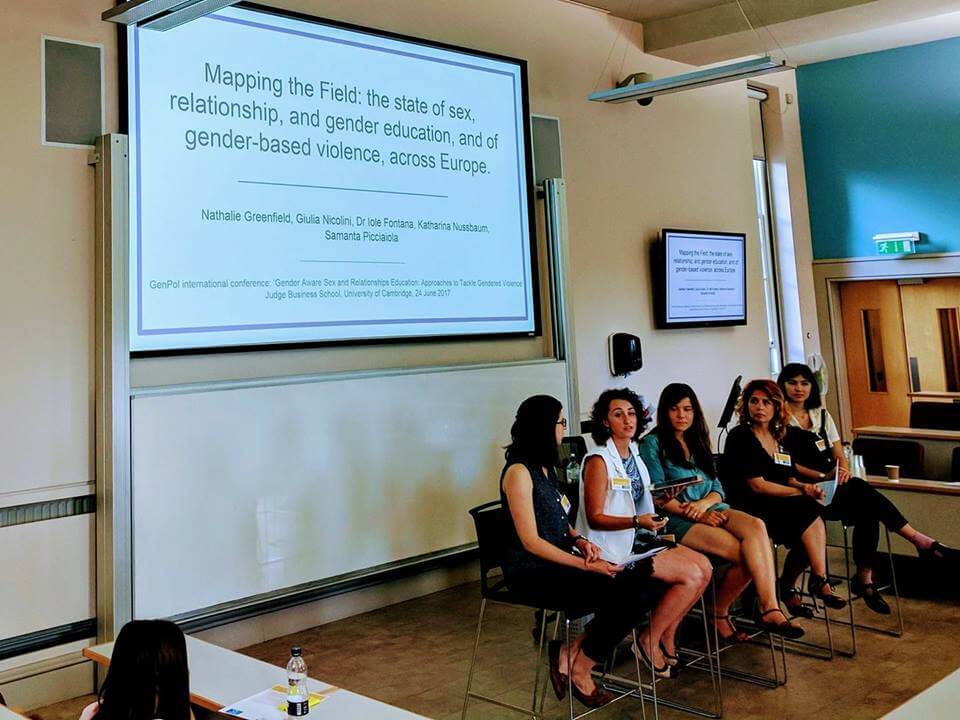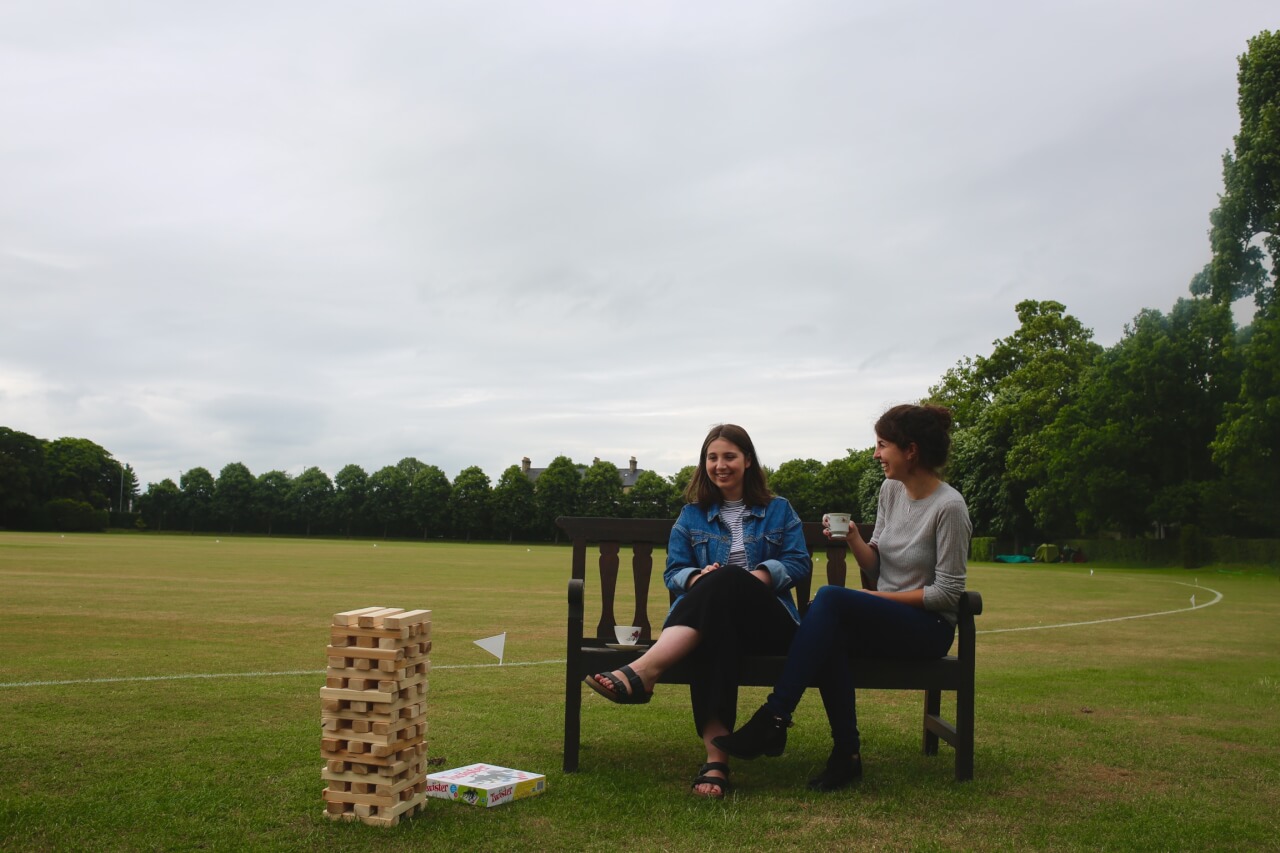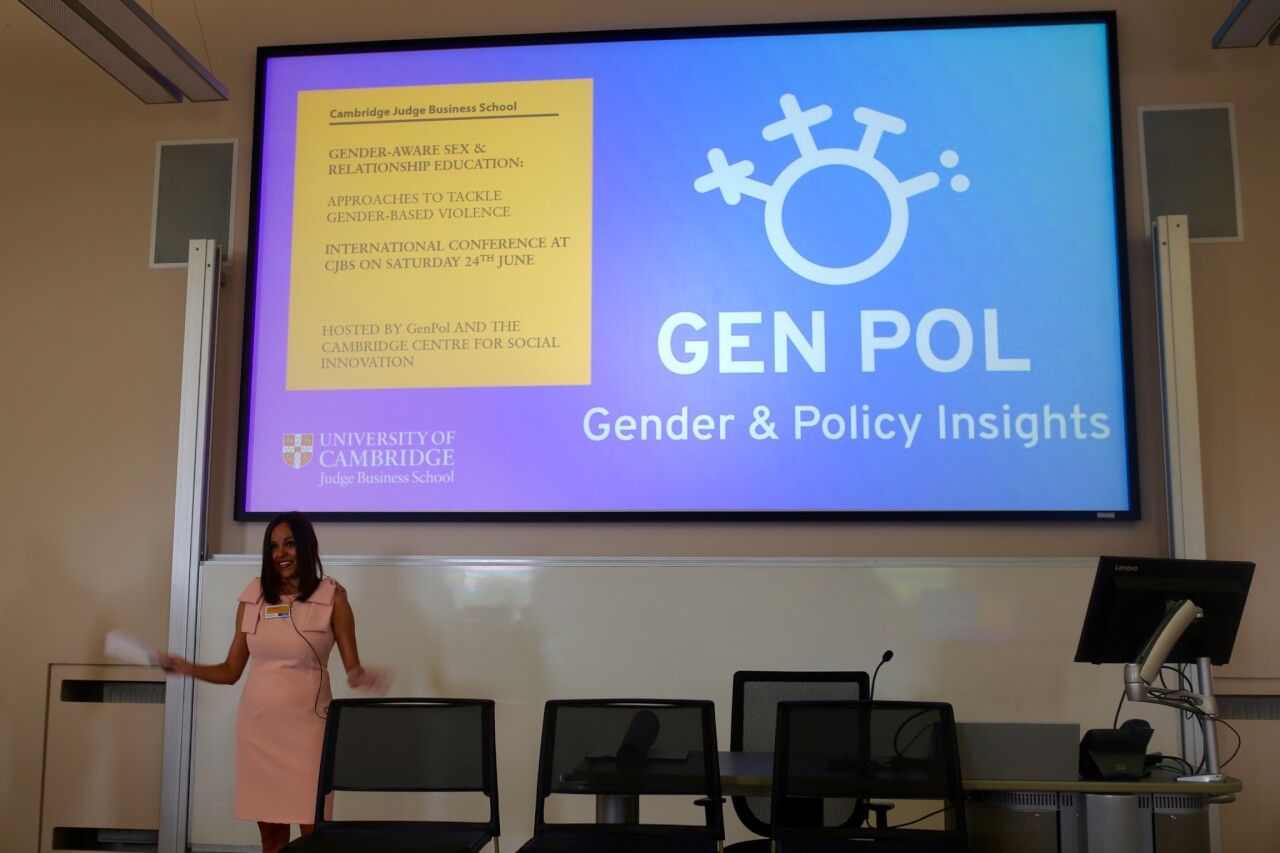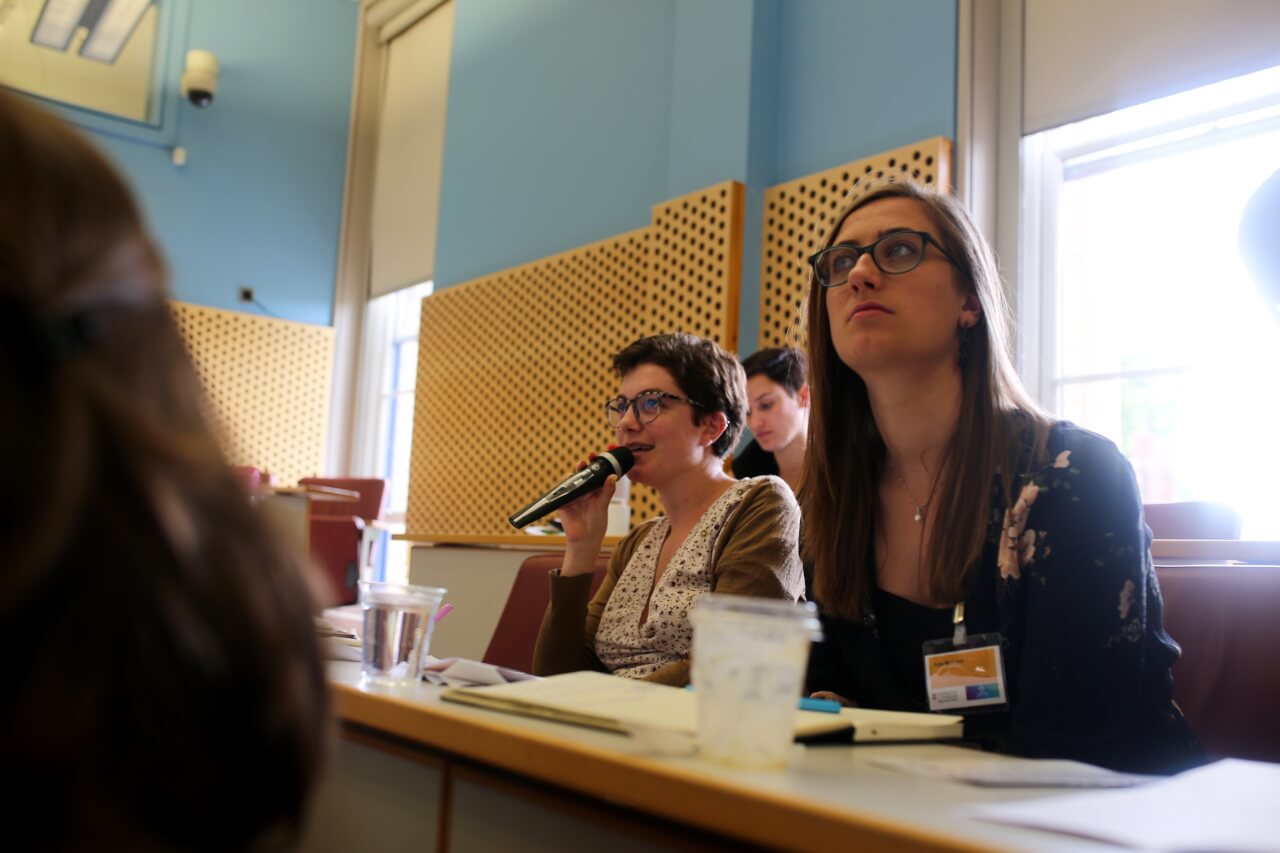
In June 2017, the newly formed think tank GenPol brought together activists, academics and educators in a one day conference, to discuss how education can be used to tackle gendered violence. Among the many engaging topics and sessions, participants explored creative strategies for teaching sex and relationships education (SRE) to young people. We also heard from Alix Fox, a writer and sex educator who uses a range of media from podcasts to Youtube to reach out to her audiences, many of whom are young teenagers.
One of the more unlikely institutions developing its own creative approaches to SRE is the British Museum. Steeped in history, the museum is more strongly associated with Egyptian mummies than discussions around gender and sexuality. But while we may focus more on how the internet and smartphones are changing the way young people today experience sex and relationships, many of the questions and concerns we harbour have historical precedents. It was with this in mind that a team of committed educators at the museum took it upon themselves to incorporate SRE into the programme for secondary school visits. Last month, I sat down with Melany Rose, an education manager at the museum, and the brains behind the SRE workshops, to find out more.
The starting point for the project is a strong belief that museums ought to support schools in areas where the curriculum was found to be lacking. My main question to Melany centered primarily around that lack. What was absent, notably in countries in which SRE is still not compulsory?
Melany explained that the workshops – which are now a permanent offer at the museum – were developed in partnership with her friend Chloe Cooper, an artist educator. The first workshop, which was piloted during LGBT history month earlier this year, focused on issues such as same-sex relationships and queer identities. Following the success of the pilot, other thematic workshops exploring topics such as pornography and body image emerged.
The hands-on nature of the workshops, which not only involve handling historical objects from the museum’s collection, but also creating personal pieces of art in response, closely mirrors the format of the existing art and design workshops that Melany oversees. The content of the workshops was instead drawn from a book by a former British Museum curator, Richard B. Parkinson, titled A Little Gay History: Desire and Diversity across the world (2013). In his book, Parkinson pulls out a number of objects from the collection to discuss how they portray things like same-sex desire and gender fluidity. The book has also provided inspiration for a current exhibit at the British Museum on Desire, Love, Identity: Exploring LGBTQ Histories (ends October 15), marking fifty years since homosexuality was partially decriminalised in England and Wales with the Sexual Offences Act.
Like many of the GenPol conference participants, Melany described her own experiences of sex education at school as being “laughable at best.” At worst, for many young people in the UK, sex education is an uncomfortable hour or two, delivered by a reluctant and often unqualified teacher, if it is delivered at all. Melany suggested that taking sex education out of the classroom and into a different kind of formal learning environment, such as the museum, brings clear benefits not only to students but to teachers as well; both are reported to be more open to discussing and sharing personal experiences within the workshop setting, detached from the classroom environment.
What makes the workshops a success? “The objects and discussions are what lead the session”, Melany told me, “but it’s about good facilitation”. In order to prepare the artists delivering the workshops, Melany also worked closely with Brook, a sexual health charity who provide specialist training to teachers and educators. Having a team of trained professionals has been key to being able to deliver the programme in a way that is engaging while still being sensitive and age-appropriate.
One of the key themes of the GenPol conference was inter-disciplinary cooperation, and the importance of incorporating SRE into more areas of the curriculum than just biology. By addressing issues of gender and sexuality through history, culture and the arts, the workshops would appear to be doing a far better job of getting through to young people on these topics, by making them both accessible and relevant. The combination of teaching methods from the arts and humanities felt particularly refreshing, and no doubt more stimulating than a simply academic or ‘facts-based’ approach.
In addition to teaching young people about the meaning of gender, or the history of homosexuality, the workshops are also aimed at helping young people develop the critical thinking skills which are increasingly needed to navigate a media-saturated world.
Although it may have earned her some dubious press coverage, Melany described a sense of achievement in establishing the programme, despite the initial difficulties of getting schools interested. Once past the initial stumbling blocks, however, it attracted almost 300 students in its first year, and over 250 students have already been booked in for the autumn 2017 term alone.
Melany stressed that the workshops are designed to supplement an existing SRE programme, rather than provide it. It is more a “window into a topic” which teachers are encouraged to follow up on once back in the classroom. Looking ahead to 2019, when SRE is due to become compulsory in the UK, there is perhaps hope that teachers will find they are already being supported to deliver impactful SRE by other educational institutions.
While learning about sex surrounded by objects from another millennium might feel a bit like getting tips on how to ‘do it’ from your grandmother, there’s a surprising amount to be learned about sex, sexuality and gender from these historical objects – not least that our societies are far, far less open and accepting than we might have thought possible.
Giulia Nicolini
Guest Writer and Researcher

